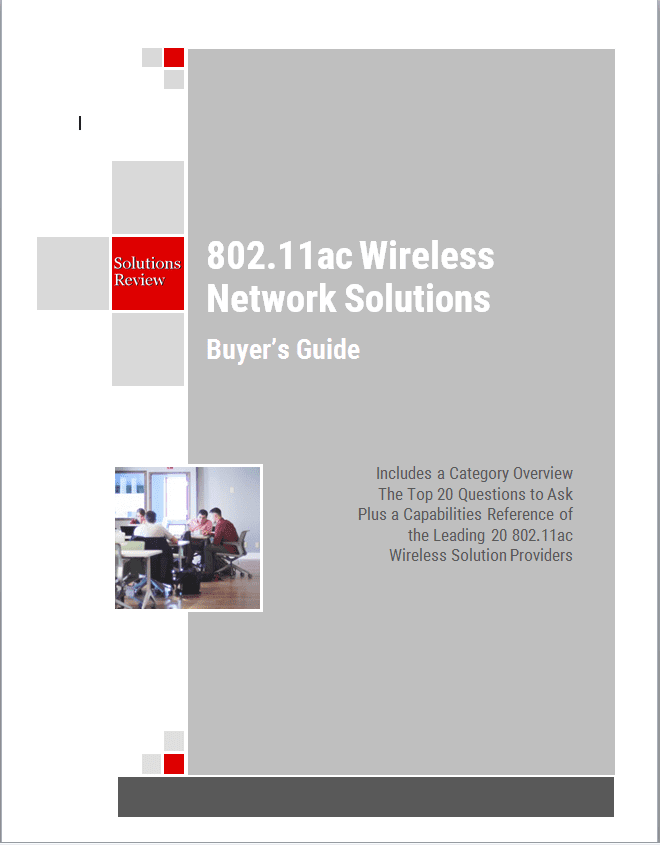Finding Best Wireless Router for Your Business


Buying wireless gear doesn’t lend itself to subjectivity. Unlike clothing or a piece of furniture, personal preference doesn’t carry much weight in purchasing wireless equipment. Finding the router that’s right for your business is a matter of wading through technical specifications and not just picking the top rated product on Amazon. To help with some of the confusion during the selection process, we’ve put together a handy guide that breaks down the different types of routers, their unique specifications, and more. Check it out!
Ports
If you’re only looking to support a dozen or so devices on your network, a standard consumer or small business router should do the trick. These routers often provide enough wireless coverage for a 2,000 square foot two story office complex. They offer four ethernet ports if you choose to hardwire computers into the network or include additional components, such as access points and printers. The most common LAN ports on a router operate at 10/100 Mbps, but faster Internet connections are now making gigabit network speeds possible, and while you may not need to support gigabit devices now, you may want to consider it for the future.
Speed
Not surprisingly, this is usually one of the first things people think about when purchasing a new router. The first step here is knowing what speed you’ll need to order from your provider. The amount of users on the network will ultimately decide this, as will their data needs. If your office streams significant amounts of audio and video, you’ll require more internet speed than if you use the internet primarily for web browsing. Routers offering a higher bandwidth generally cost
Security
In 2017, you need to ensure that your network is locked down. Hackers can use an unsecured wi-fi connection to distribute malware and extract information resulting in one, big expensive mess. To prevent this, you should look into a wireless router with WPA or WPA2 security (you can read more about those here). A hardware firewall is built into most models and some higher-end models also include full unified threat management for those businesses in industries with hefty compliance requirements.
VPN
If you’re looking at accessing your network from outside the office, you’ll need built in VPN capability. Using a Virtual Private Network, users can work from home or on the road in a secure fashion, connecting to a remote corporate server over the internet. VPN capable routers can also serve as a way of encrypting and securing their communications when using a questionable public network.
Additional Tips
- If you have a device that needs direct access to the internet, consider a router with a dedicated DMZ port.
- Virtual Local Area Networks allow you to connect devices on multiple LANs and configure them to communicate as if they were on the same wire.
- When looking for routers, firewalls, switches, and more, consider models that can support gigabit ethernet to allow higher speeds on your hardwired computers.
- If internet access is integral to your business operations, consider routers that have a second WAN port or ones that support 3G or 4G card incase your main internet connection collapses.




















